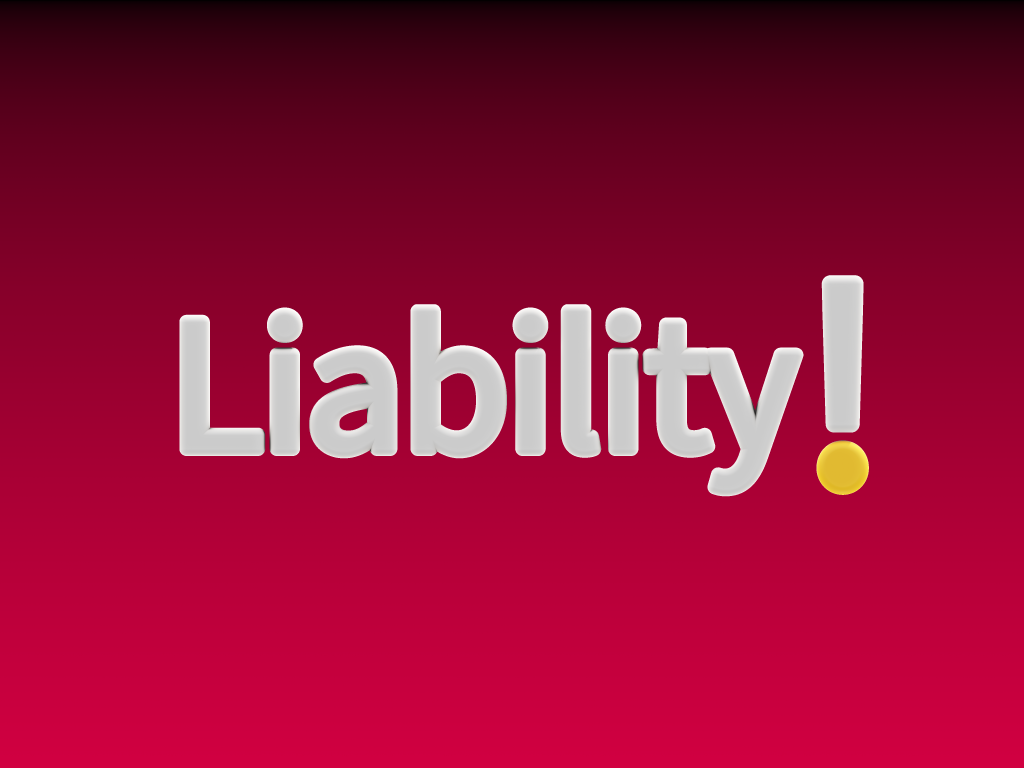TL;DR (read this first)
Yes, get your own public‑liability insurance before your next booking. It pays legal fees and compensation if a guest (or anyone else) is hurt or their belongings are damaged and they blame your property. Scotland now requires it by law; in the rest of the UK it’s simply smart business. Airbnb’s free AirCover helps but leaves gaps, so think of it as a bonus, not your main safety net.
Is it a legal must for Airbnb hosts?
England, Wales & Northern Ireland
- There’s no statute forcing every host to buy public‑liability cover.
- Councils and letting agents can still demand proof, many insist on £1 – £2 million as part of licensing or management contracts.
Scotland
- Since October 2023, a short term let licence is compulsory. One licence condition is “adequate” public liability insurance for every stay.
- Guidance recommends £2 million as the floor for whole property lets.
Why buy it even when it’s optional?
Because a single claim can run into six or seven figures. Without insurance you’ll pay every solicitor fee, medical bill and damages yourself, and you’ll lose the FCA regulated protection a stand alone policy provides.
Why Airbnb’s AirCover isn’t enough
AirCover gives every Airbnb host up to £1 million of liability protection at no extra cost. Handy, but it doesn’t replace your own policy.
- Platform only: It applies to bookings made through Airbnb and to incidents that occur during the reserved period. Direct or multi platform bookings aren’t covered.
- Exclusions: No cover for staff injuries, fines, or anything arising from deliberate or “reckless” neglect. Your own property damage is a separate programme, not this one.
- Cap of £1 million: High, but serious injuries or multi party accidents can exceed it. UK insurers routinely offer £1m to £2m limits.
- Control & recourse: You file the claim via Airbnb; a third party insurer decides. With your own policy you deal directly with an FCA regulated firm and can use the Financial Ombudsman if a payout is unfair.
- Changeable terms: AirCover is a free perk; Airbnb can tweak or scrap it. Your own policy is a contract the provider can’t alter mid term.
Bottom line: Treat AirCover as your secondary layer. Relying on it alone leaves gaps in people covered, incidents eligible and payout limits.
What public liability insurance actually covers
Public liability (PL) policies protect your wallet when a third party claims you caused injury or property damage.
Typical triggers
- A guest slips on a loose rug and breaks a wrist.
- A friend of the guest falls from your balcony because the railing was unsafe.
- An overflowing bath soaks the flat below, ruining a neighbour’s ceiling and laptop.
- Your cleaner trips on a broken step while the property is empty between stays.
What the insurer pays
- Solicitors’ fees and court costs.
- Compensation/damages awarded to the claimant up to the policy limit.
- Approved medical or rehabilitation expenses for the injured party.
- Some policies include PR/crisis help if the incident hits local news.
Cover limits start at £1 million, but £2 million is common because medical bills, lost earnings and long‑term care add up fast.
How much cover do you need?
There’s no magic number, but use these guideposts:
| Cover limit |
Suits… |
Why it may be enough |
| £1 million |
Studio or 1 bed flat, max 2 guests, no high risk features |
Lower footfall; a serious claim could still break the limit, so consider higher if affordable |
| £2 million |
Standard family home, sleeps 4 6, typical urban terrace |
Meets most agent and council requirements; matches Scottish guidance |
Will your home insurance protect guests?
A standard buildings & contents policy almost never covers paying guests. Most have a “no business use” exclusion. If you host without telling the insurer:
- Non disclosure: Any claim (even unrelated to guests) can be refused and the policy cancelled.
- No liability cover: Guest injuries or guest caused damage aren’t insured.
- Mortgage terms at risk: Some lenders require valid home insurance as a loan condition.
Always tell your insurer. If they can’t add short let cover, switch to a dedicated Airbnb/holiday let policy that bundles buildings, contents and public liability for paying guests.
Final thought
Public liability insurance isn’t just another admin chore; it’s the difference between a minor hiccup and a life changing financial hit. For a modest premium you lock in legal defence, compensation funds and guest confidence, so you can host with genuine peace of mind.

